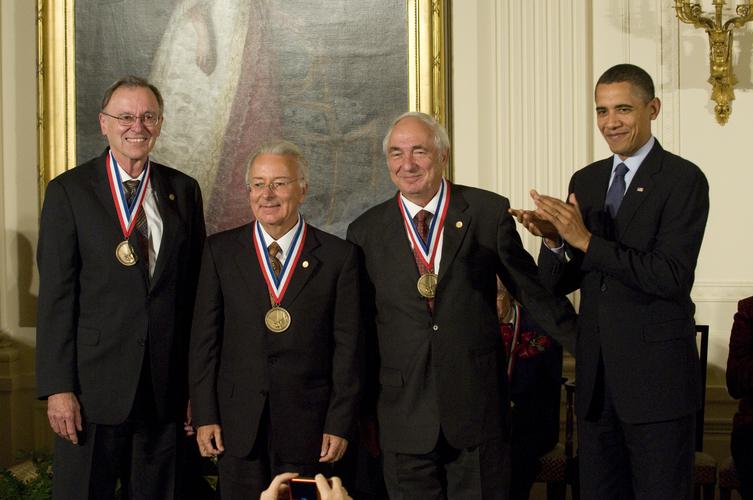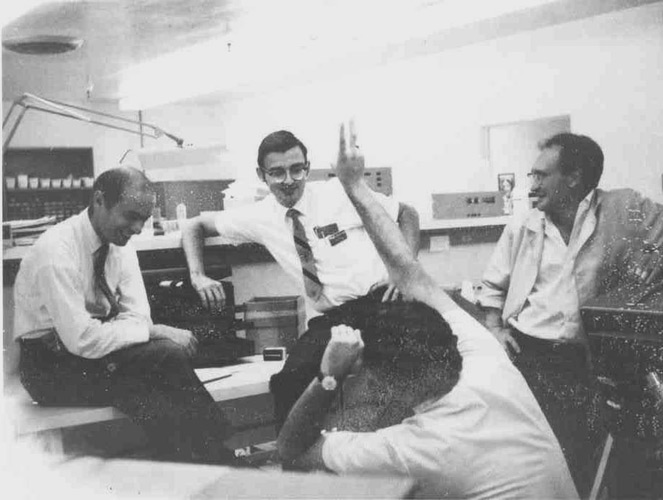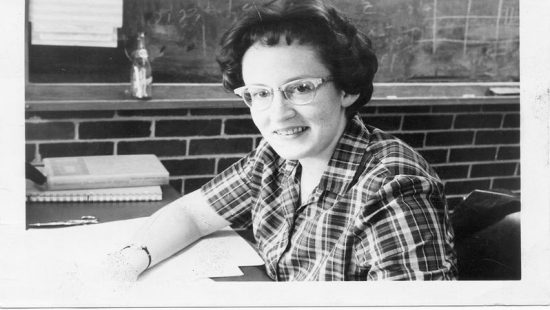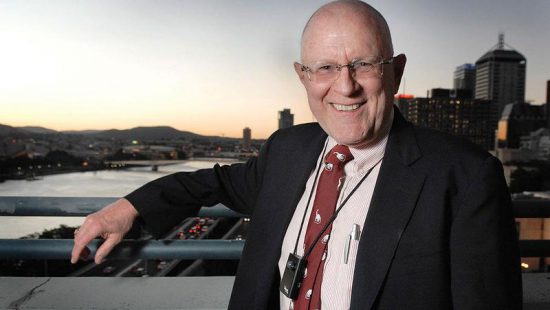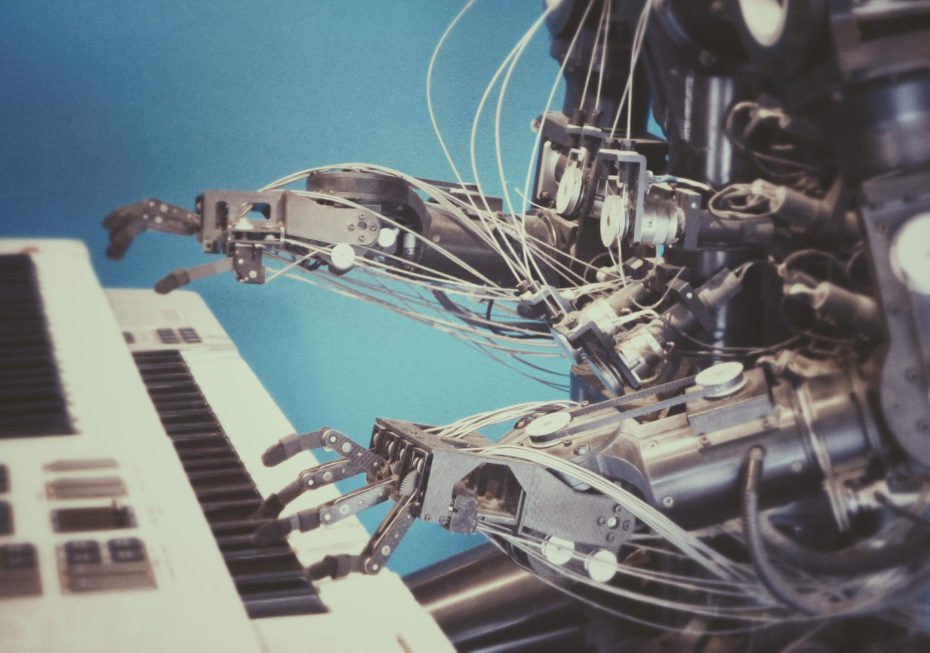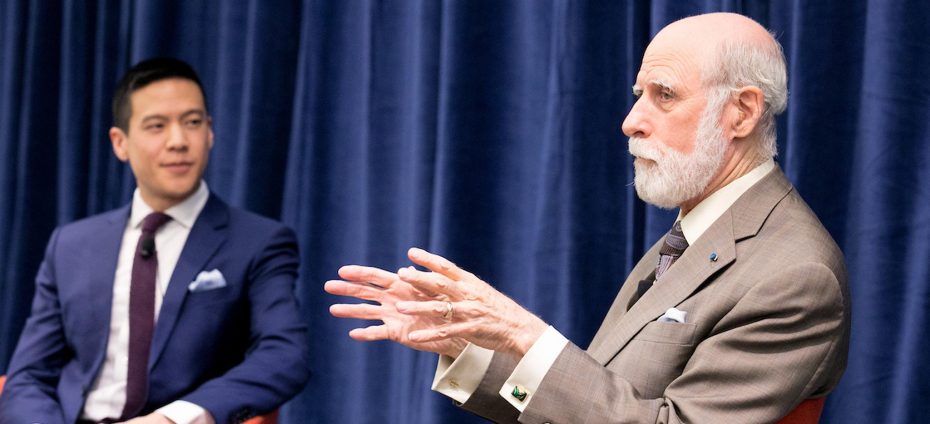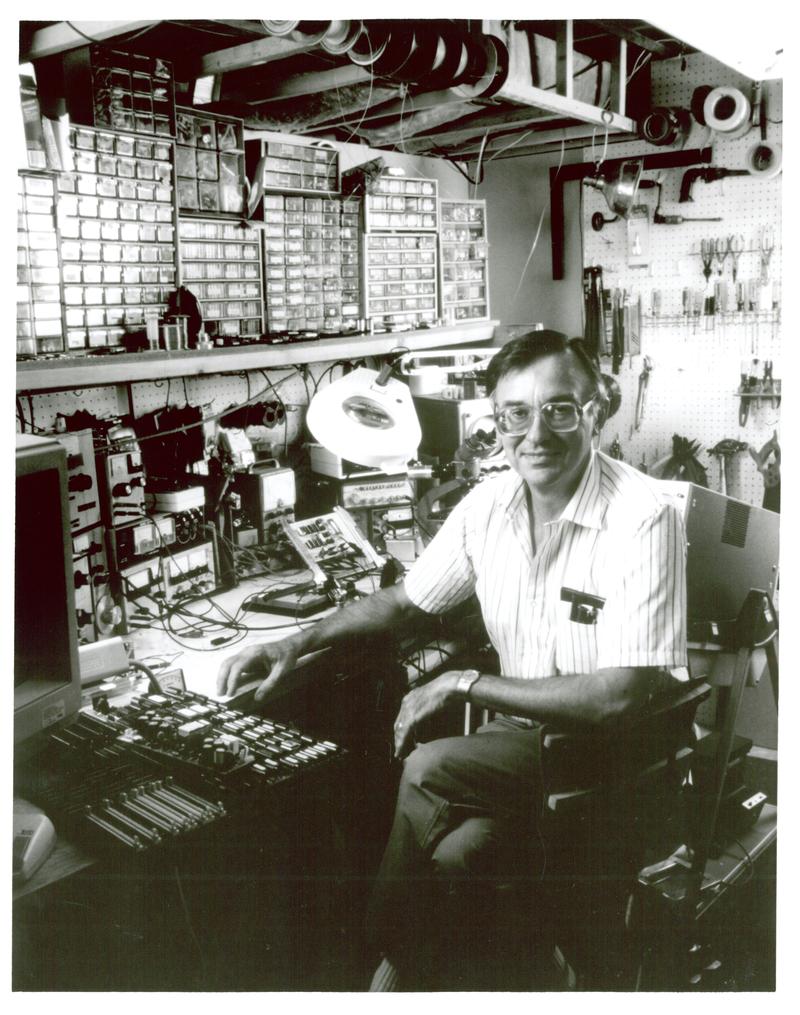
Marcian E. Hoff
- Computer Science
For the conception, design and application of the first microprocessor, which was commercially adopted and became the universal building block of digital electronic systems, significantly impacting the global economy and people’s day-to-day lives.

